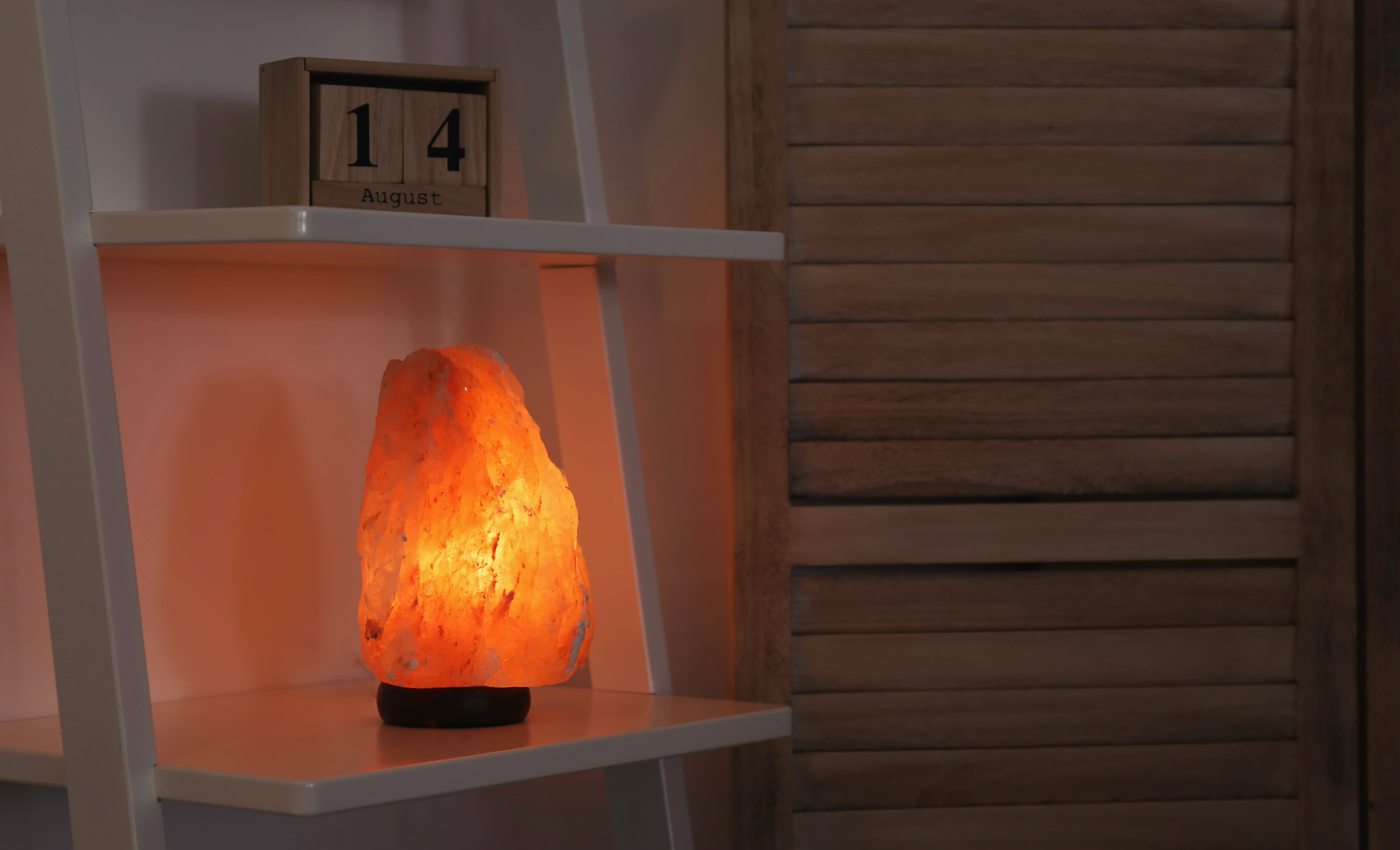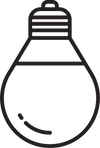Technology has brought many advancements, including the constant exposure to blue light at any hour. However, this modern convenience can disrupt our body's natural 24-hour biological clock, known as the circadian rhythm. Our circadian rhythm orchestrates crucial processes essential to our well-being. For instance, the glymphatic system, which helps the brain remove waste, is most active at night. When we expose ourselves to blue light in the evening, it signals to our body that it is still daytime, which can delay or even halt these vital processes.
Quick Neuroscience On How Blue Light Works
In the hypothalamus lies the suprachiasmatic nuclei (SCN), the central pacemaker of our circadian rhythm. This cluster of cells contains biological clocks that rely on light information received through the retina. When we use screens at night, the blue light emitted is detected by the retina and sent to the SCN. This false signal prompts the SCN to instruct the pineal gland to reduce melatonin production and increase cortisol, the stress hormone. As a result, this disruption can lead to sleep disorders such as insomnia and sleep apnea, increased stress levels, and potential weight gain.
Not All Blue Light Is Bad
The sun is the largest natural source of blue light, signaling to our body that it's daytime and helping to kickstart our biological processes. To align your circadian rhythm, it’s best to expose your eyes to this natural blue light early in the morning before any artificial blue light from screens. Morning sunlight boosts alertness, enhances cognitive function, elevates mood, and helps regulate your sleep-wake cycle. So, instead of reaching for your phone first thing, step outside! Even just five minutes of morning sunlight can set a positive tone for your day and offer a moment for self-reflection.
How You Can Protect Yourself From Blue-light In The Evening
If aligning your sleep schedule with the sunset isn't always possible, there are several ways to minimize blue light exposure during evening hours:
Blue Light-Blocking Glasses
If you wear prescription glasses, consider getting lenses with blue light protection. This will block both artificial and natural blue light, so having a separate pair for nighttime use can be beneficial. For those without prescription glasses, there are specialized blue light-blocking glasses available. Brands like Ra Optics offer options for both daytime and nighttime use. Make sure to choose glasses tested for blue light blocking or those with a blue light tester.
Blue Light-Blocking Screen Protectors
For those who prefer not to use glasses, screen protectors can be a great alternative. They are especially useful for children's devices, where consistent use of glasses might be challenging. Brands like Ocushield offer screen protectors for various devices, and WAKN provides options for TVs.
Phone Color Settings
Many smartphones offer a night mode feature, but you can take it further by adjusting your screen's color to red during the evening. Tutorials are available for both iPhone and Android devices to help you make these adjustments.
Changing Lightbulbs
Your lightbulbs also emit blue light. If you use blue light-blocking glasses, they will help with this, but consider switching to blue light-free bulbs. Options include incandescent bulbs or specialized red-light bulbs and blue-light-free bulbs. These alternatives can reduce blue light exposure from your lighting while still allowing you to function at night.
Prioritizing the reduction of blue light exposure in the evening can help maintain your circadian rhythm and overall well-being. Here's to living in better harmony with the natural rhythms of life!













Leave a comment